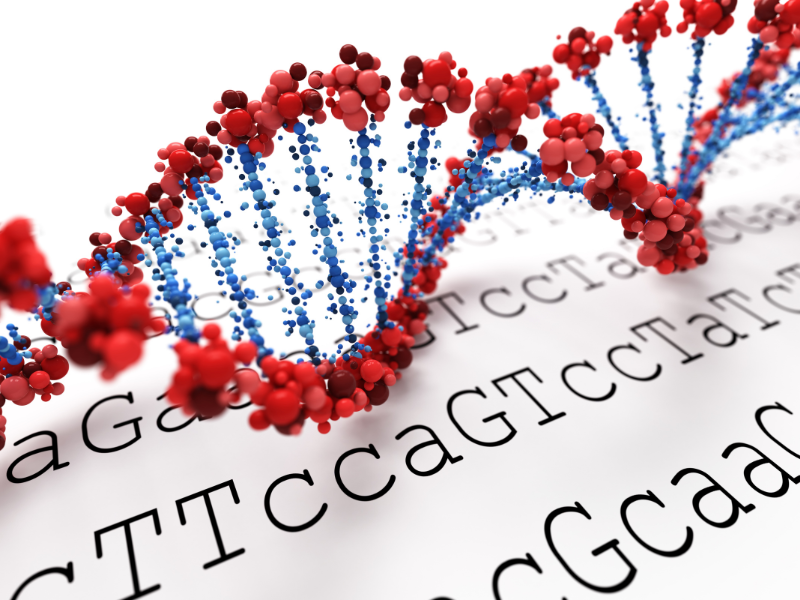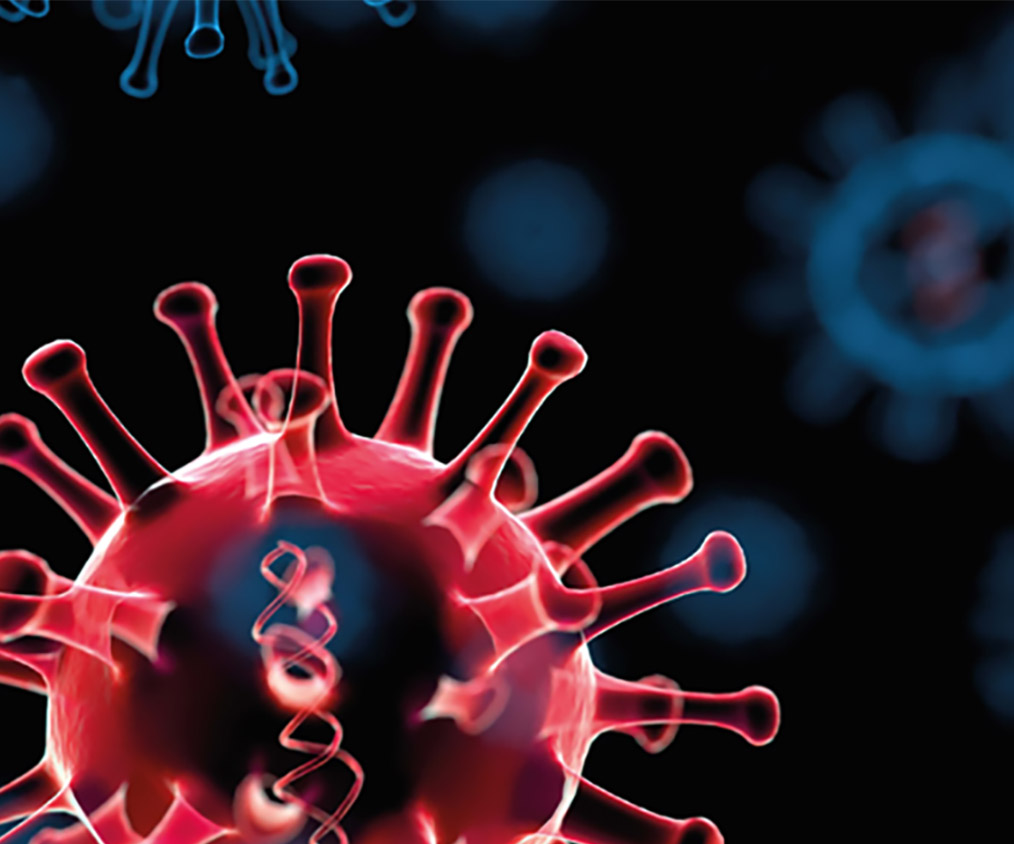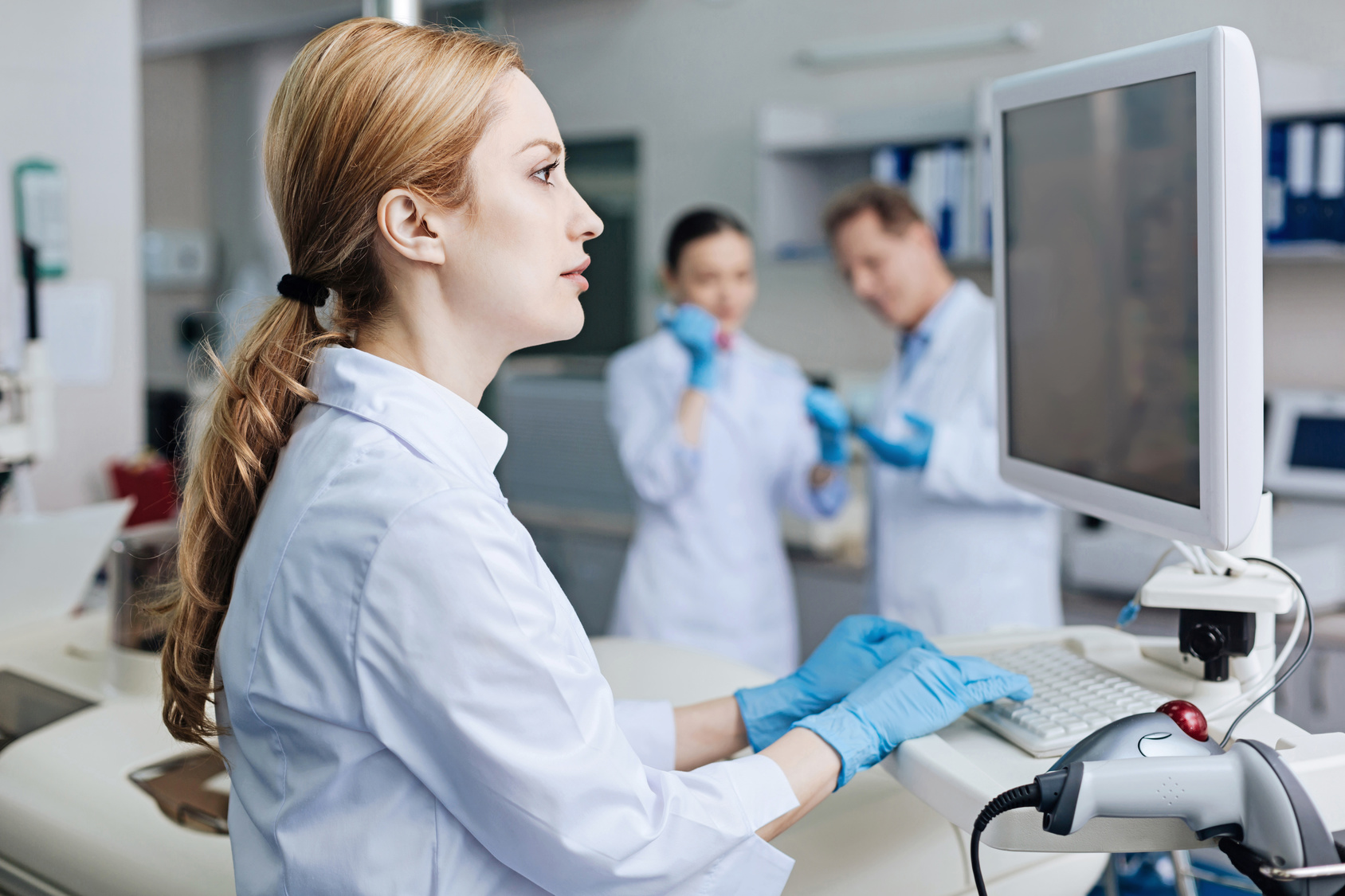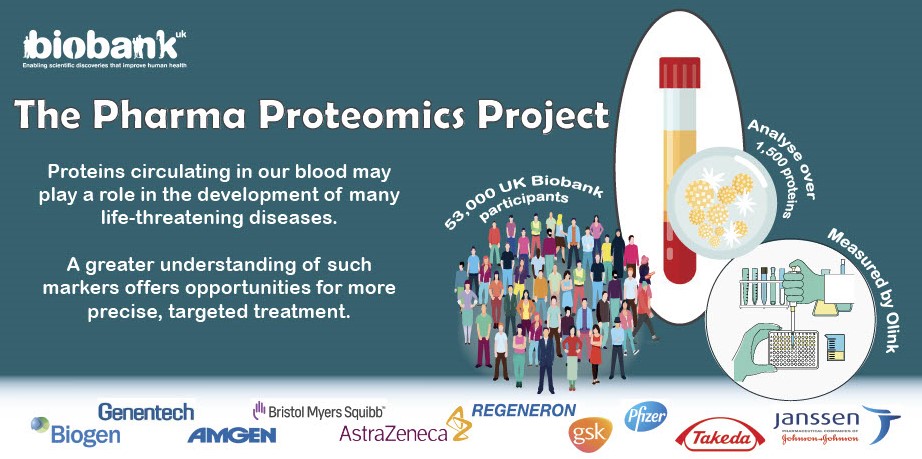UK Biobank is changing the way science is approached
UK Biobank is changing the way science is approached…
…Prevention through prediction
UK Biobank has recently released de-identified exome sequencing data on 470,000 participants to approved researchers around the world. Exome sequencing measures the region of the genome involved in coding proteins and enables researchers to identify disease-causing genes for the development of targeted treatments.
Scientists in the USA have used these data to uncover a gene (GPR75) that protects against obesity. Not previously known to play a role in obesity, GPR75 is part of a group of genes which encode receptors in the brain responsible for regulating energy balance. This is an exciting link for researchers, as these genes are associated with appetite control, food preferences and even levels of physical activity.
Individuals with at least one inactive copy of the gene have, on average, a lower BMI and tend to weigh about 12 pounds less than those without the mutation. Scientists are now pursuing multiple therapeutic approaches to safely replicate the effect of this genetic mutation for personalised treatments.
…Advancing our understanding of human health
UK Biobank is enabling further advances in our understanding of human health following the creation of the world's largest whole genome sequencing data set.
By measuring every base pair (pair of letters) across the genetic code, of which we each have over 3 billion, researchers can investigate rare and undiscovered genetic variations present in one individual over another and their effect on disease outcomes. Access to whole genome sequencing data across all UK Biobank participants is access to data at a scale and depth never seen before in genetics health research.

Using the whole genome sequencing data, researchers in Iceland have recently shown that many rare genetic variants that play a role in health and disease cannot be examined through exome sequencing alone.
The combination of genetic sequencing data with rich clinical and lifestyle data in UK Biobank has equipped researchers to answer questions about why some individuals develop particular diseases and why certain conditions worsen in some individuals over time.
These data have created an encyclopedia of information to advance drug discovery and development through our understanding of the genetic architecture of disease. It will enable a greater understanding of the effectiveness of medicines for individuals, allowing for personalised treatments.
Understanding the long-term effects of COVID-19
When the COVID-19 pandemic occurred, the short and longer term potential effects of the virus on internal organs were unknown. The UK Biobank COVID-19 repeat imaging study is the only study in the world to collect scans of internal organs taken before and after infection. Just over 2,000 participants took part – half of whom had previously had COVID-19 whilst the other half had not.
Along with biological samples, genomic, lifestyle and clinical data, the data collected in this study are enabling the research community to investigate the SARS-CoV-2 virus across the clinical spectrum – from asymptomatic infection to more severe clinical disease – to characterise the effect of COVID-19 on internal organs objectively and comprehensively.
What effect does COVID-19 infection have on the heart?
The UK Biobank COVID-19 imaging study has enabled researchers to look at changes over time to the structure of the heart following infection with the SARS-CoV-2 virus. Using de-identified data on over 1,200 participants from two separate imaging visits, both pre- and post-infection, researchers were able to assess the effect of the virus on the heart. Findings suggest that there are no significant changes in the heart following a mild (non-hospitalised) case of SARS-CoV-2.


The UK Biobank Pharma Proteomics Project
Proteins circulating in our blood may play a role in the development of many life-threatening diseases. A consortium of biopharmaceutical companies has come together to perform a study to measure circulating concentrations of almost 1,500 plasma proteins in approximately 54,000 UK Biobank participants, and will make these data available to approved UK Biobank researchers globally. A greater understanding of such markers offers opportunties for more precise, targeted treatments.
The measurement of a wide range of circulating proteins represents the next major step for UK Biobank, as these data will enable research into the association between genetic variation and circulating protein levels, which in turn will help researchers to understand the links between genetics and human disease. Studying the levels of many different proteins in UK Biobank participants will allow scientists to assess the extent to which particular proteins are involved in the development or progression of different diseases and support innovative drug development.

Last updated
